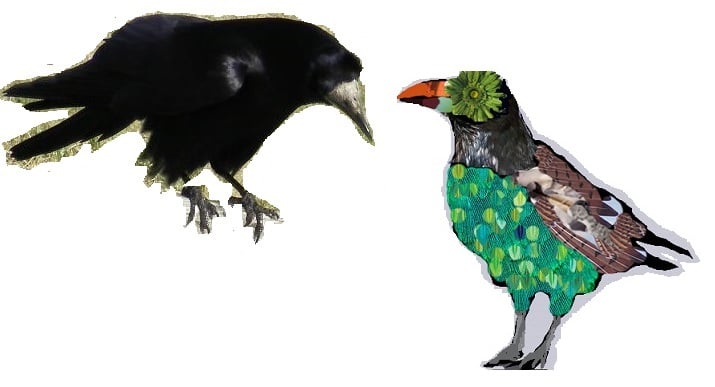Fetch the Smelling Salts
I Think I Need to Lie Down
Before I pass out I can anticipate what is happening, my vision reduces to television fuzz and sound fades out as if I were falling asleep. I sweat everything out and feel the leaden warning in my knees that I am about to lose it. For strangled minutes I fight against the loss of control, of consciousness, and if I don’t find a place to lay down I will end up on the floor in any case. When I lose consciousness it’s as if I’ve gone to another country for years and dreamed vividly the whole time, even when it lasts for seconds.
I feel such a focused shame about being perceived, of interrupting routines, of bringing attention to myself, that I apologize continuously going down and then coming back up, a doxology of sorry I vainly hope will dispel the real powerlessness of biology that my ingrained American culture spends all its breath denying.
When I was 17 I went to the hospital with my parents to visit my piano teacher, a stern woman with a hunchback and a fashionable stripe of white intentionally left at the front of her dyed brown hair who played with the Rochester Philharmonic when she wasn’t having dramatic feuds with the church choir director. She ruled my teary lessons for a decade before being laid low with a variety of age-related ailments. Being the kind of people who could be relied upon to visit the ill in the hospital, we arranged a visit, and while my father was initiating an awkward conversation, I passed out on the floor.
I was mortified when my teacher made a joke about my need for attention. I had fainted during blood tests before and been told that, like my slight anemia, fainting was common among adolescent girls and would go away with age. Nobody said “hysteria” but it was in the breaths between their patronizing words and made me feel like I should probably try harder.
After I fainted at the dentist’s office when I was 24 my mother told me she hadn’t had any problems like that ever since she had had her babies. She advised me to put on my headphones when I got nervous and distract myself. My college friend told me about the fighter pilot trick, where you push your stomach muscles to force the blood out of the center of your body as if you were holding onto consciousness under high G forces. I drank glass upon glass of water before blood tests to raise my blood pressure and make my veins easier to find. I learned breathing exercises, counting the beats to inhalations and then exhalations.
I received anti-allergy injections weekly through much of my 20s. I still passed out during an assembly line blood test on a hot July morning in a cubicle at the health center in my husband’s hometown when I was 34. I was just a few people behind his diminutive elderly aunt who didn’t have to be carried to a stretcher by nurses a head shorter than I and more importantly did not see me.
I can’t explain why I faint, not really. My period is like being pinned under a steam engine and I am constantly being cut or bruised in the garden or in my stumbling trips around the hills above my house, so it’s not really about blood or pain. I was a biologist before and I know why I need blood tests and what they are for. I can’t define exactly what I fear, but after a while I fear the fainting itself, the attraction of unwarranted attention.
Knowing that I could go away during any medical situation involving needles or abrupt changes in position, I have learned to pre-empt the possibility of needing care. I apologetically ask to lie down for blood tests, I joke with the nurses about my horrid veins. I play Florence and the Machine in my mind, I recite litanies from my childhood, I breathe deeply and slowly, I sit up in increments and don’t move until the spins don’t come. I am 41 years old. I wish I could tell you that you too will get over it. I’ll let you know.

